The four military bases are the Antonio Bautista Air Base in Palawan, the Lumbia Air Base in Cagayan de Oro, the Basa Air Base in Pampanga, and Fort Magsaysay in Nueva Ecija. These bases will serve as locations for the temporary stationing of US forces and equipment for maritime security and humanitarian assistance and disaster response.
The Philippine government’s decision to identify these bases for use by US forces is part of the country’s effort to enhance its defense capabilities and to secure its territorial integrity in the face of increasing Chinese aggression in the South China Sea. The move also marks a significant shift in the Philippines’ foreign policy, which had been previously characterized by a strained relationship with the United States.
The Enhanced Defense Cooperation Agreement, signed in 2014, provides the legal framework for expanded US military presence in the Philippines. The pact allows US forces access to Philippine military bases for a period of ten years, with provisions for renewal.
The Philippines’ decision to allow the United States to use its military bases has been met with mixed reactions. Critics argue that the move compromises the country’s sovereignty and serves as a provocation to China. They also contend that the agreement violates the Philippine Constitution, which prohibits foreign military bases on Philippine soil.
Proponents of the agreement, on the other hand, argue that the presence of US forces in the Philippines is essential to deter China from engaging in aggressive actions in the South China Sea. They also point out that the pact provides the Philippines with much-needed support in enhancing its military capabilities.
The Philippine government has sought to allay concerns about the agreement by emphasizing that the pact is not a basing agreement and that the US forces will be present in the country only on a rotational basis. The Philippine government has also stated that it retains full control over its military bases and that the United States will have no authority over Philippine forces or operations.
The US government has welcomed the Philippine government’s decision to name the four military bases, describing it as a significant step in the implementation of the Enhanced Defense Cooperation Agreement. The US government has also emphasized that the pact is aimed at enhancing the security and stability of the Asia-Pacific region, and is not directed against any particular country.
The Philippines’ decision to allow US forces to use its military bases underscores the country’s growing concern over China’s assertiveness in the South China Sea. The move also signals a shift in the Philippines’ foreign policy, which had been marked by a strained relationship with the United States following the closure of the US military bases in the country in 1992.
The naming of four military bases by the Philippine government for use by the United States under the Enhanced Defense Cooperation Agreement is a significant step in the country’s efforts to enhance its defense capabilities and secure its territorial integrity. The move also highlights the Philippines’ growing concern over China’s assertiveness in the South China Sea and marks a shift in the country’s foreign policy. While the decision has been met with mixed reactions, it underscores the need for the Philippines to strengthen its defense posture in the face of increasing security challenges in the region.





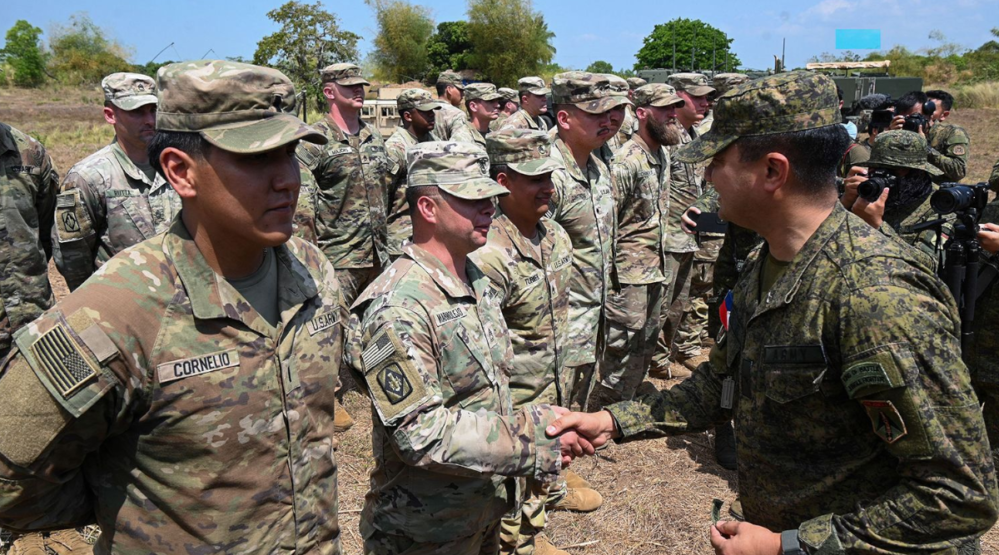
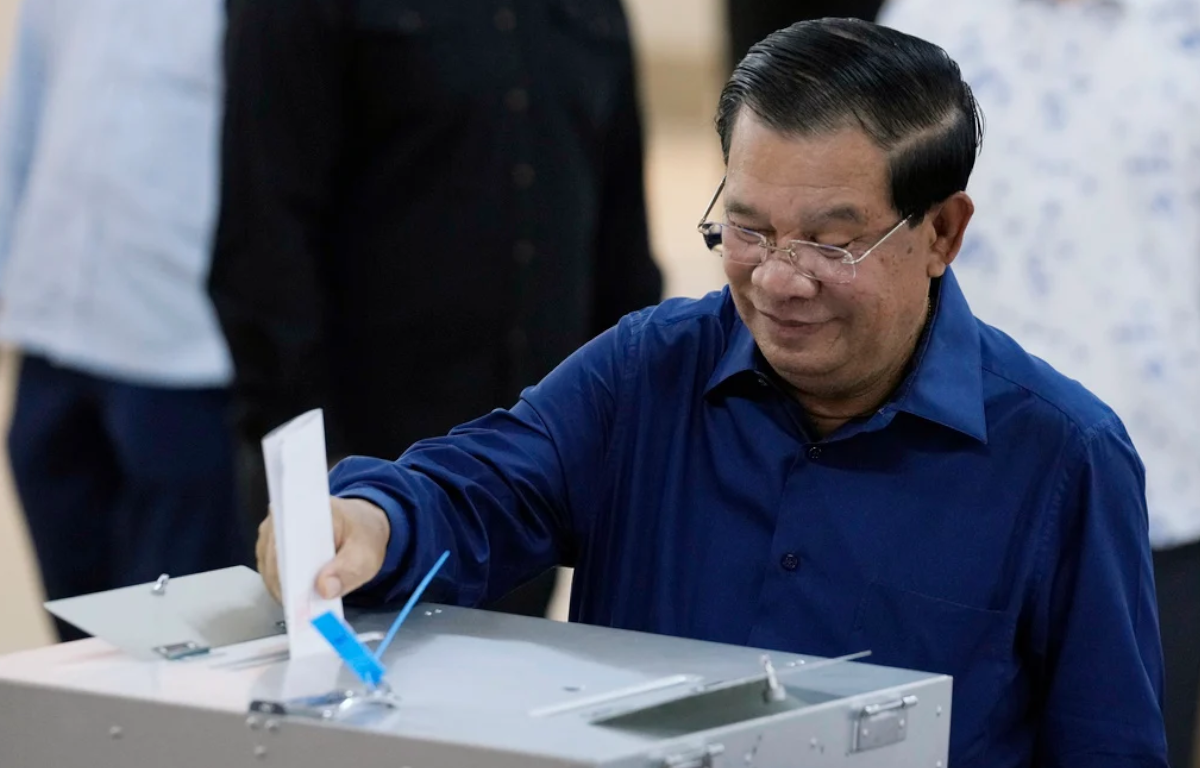
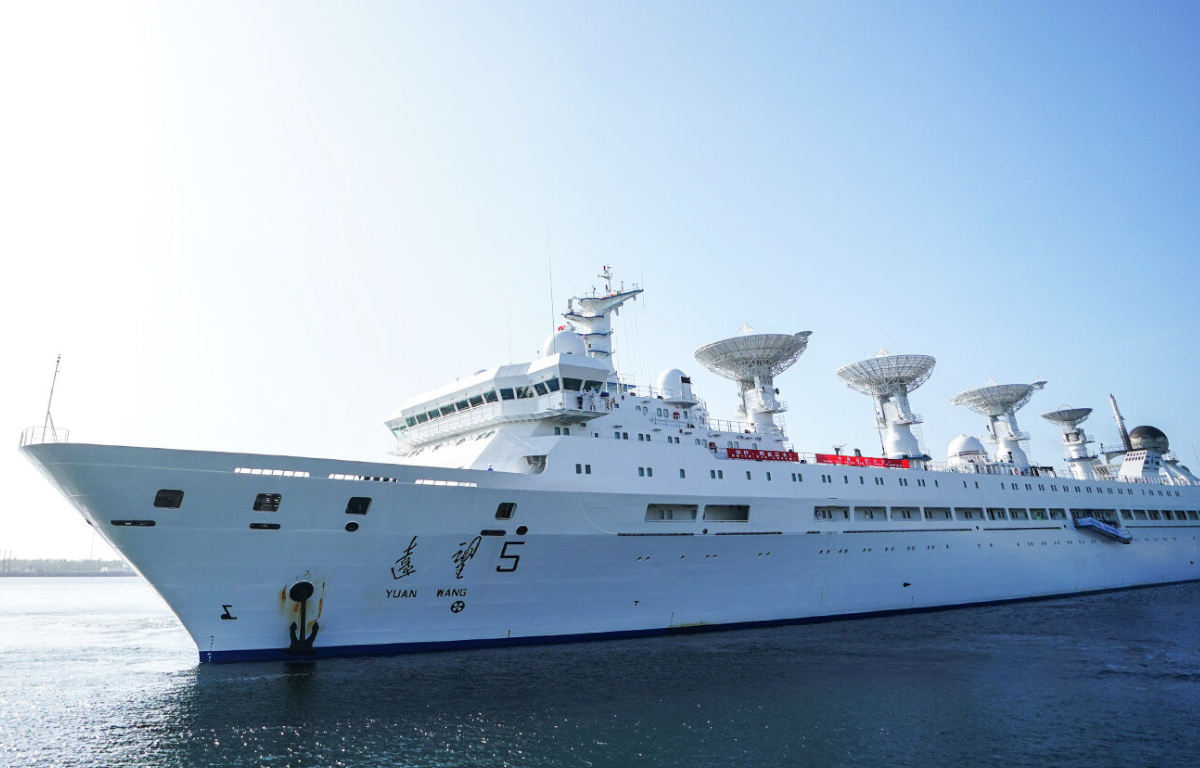
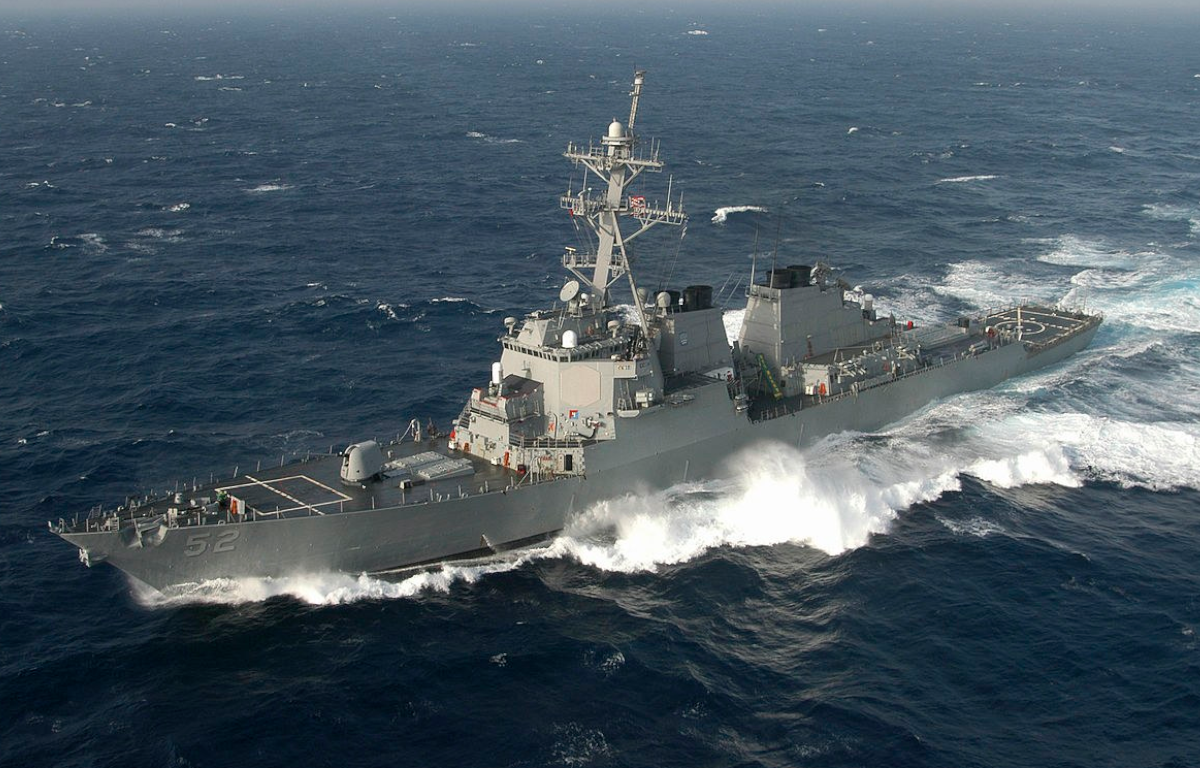
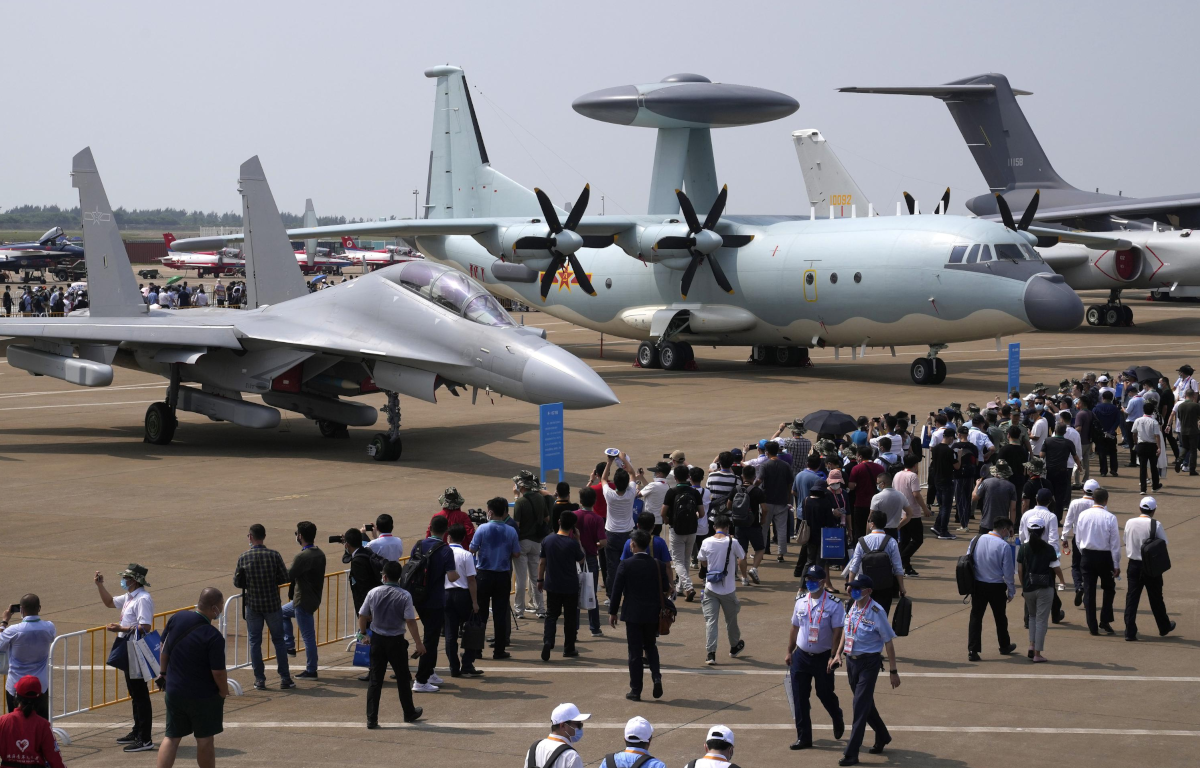

Share this: